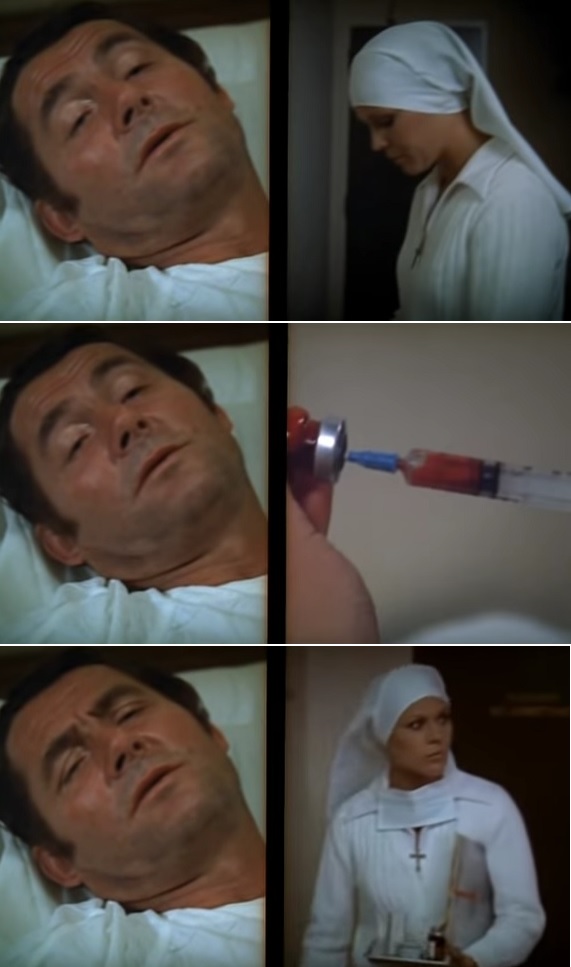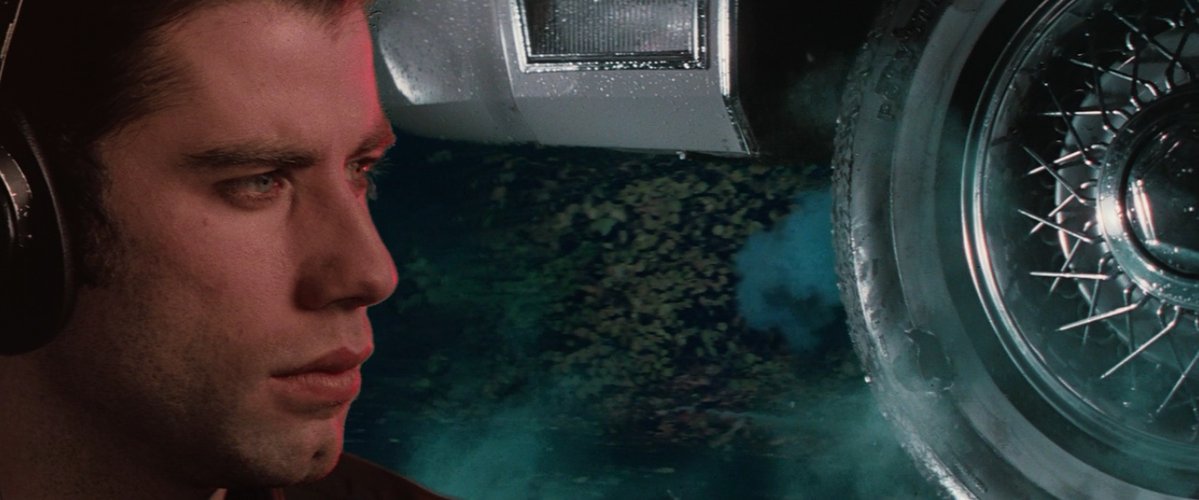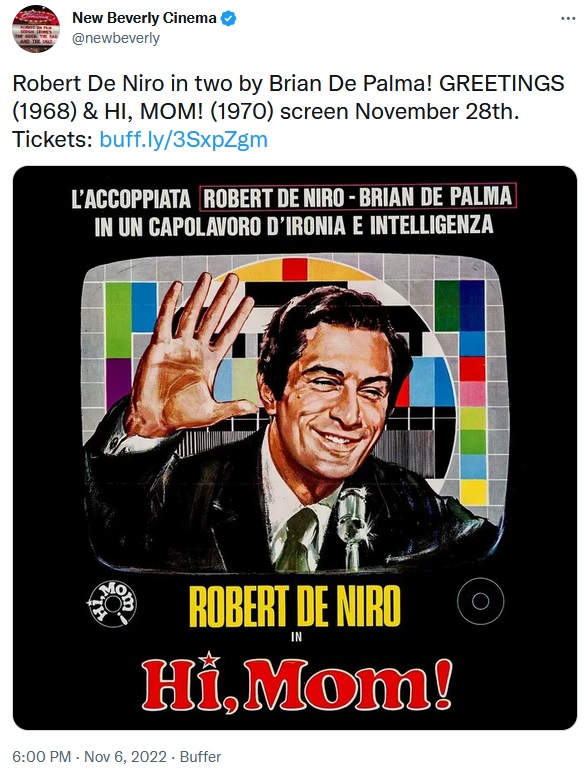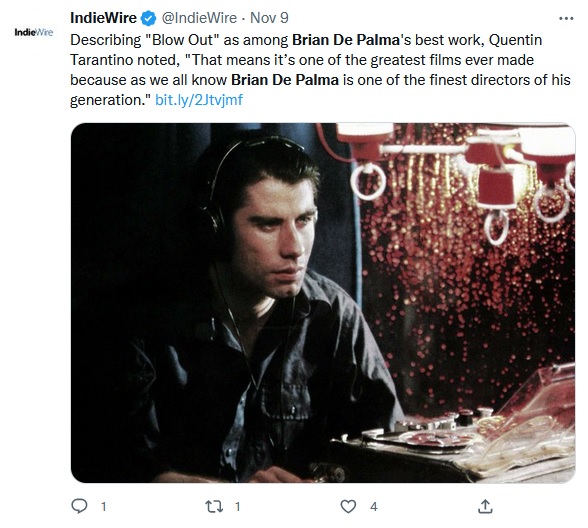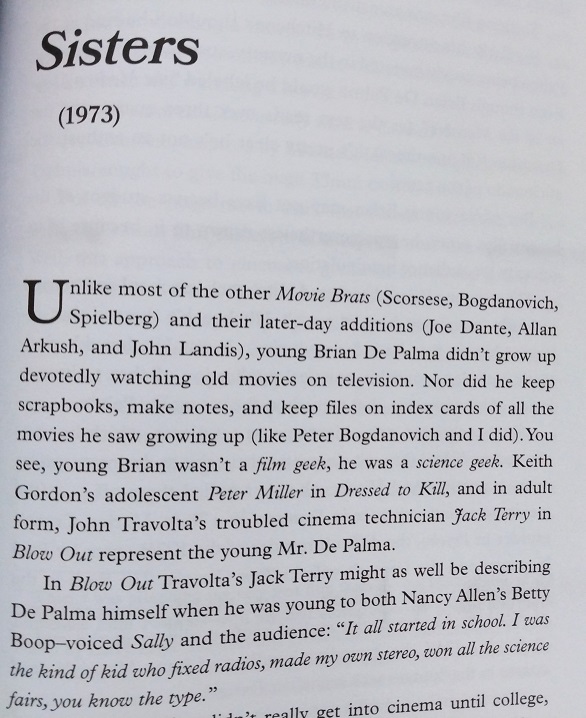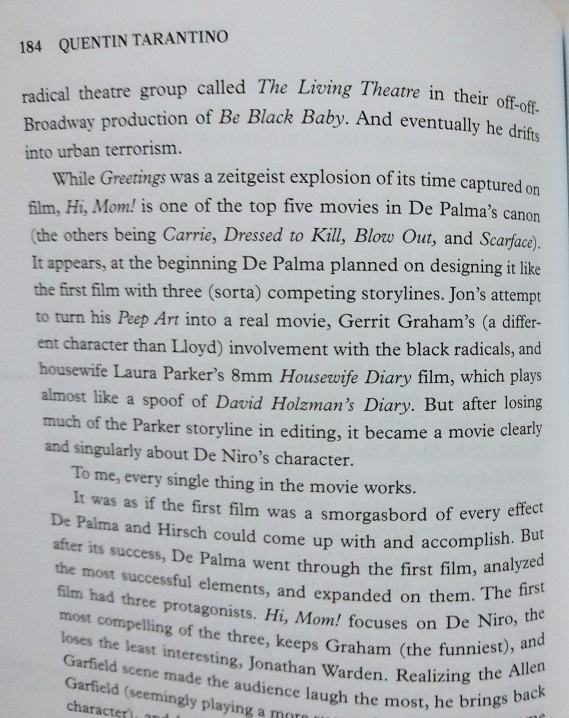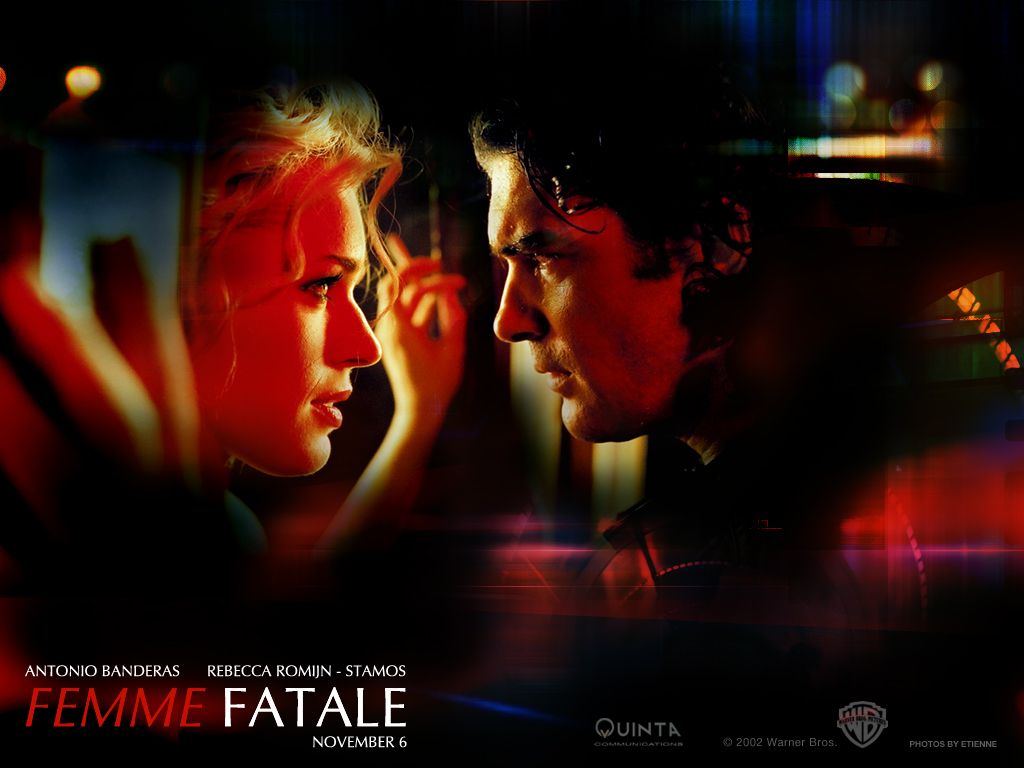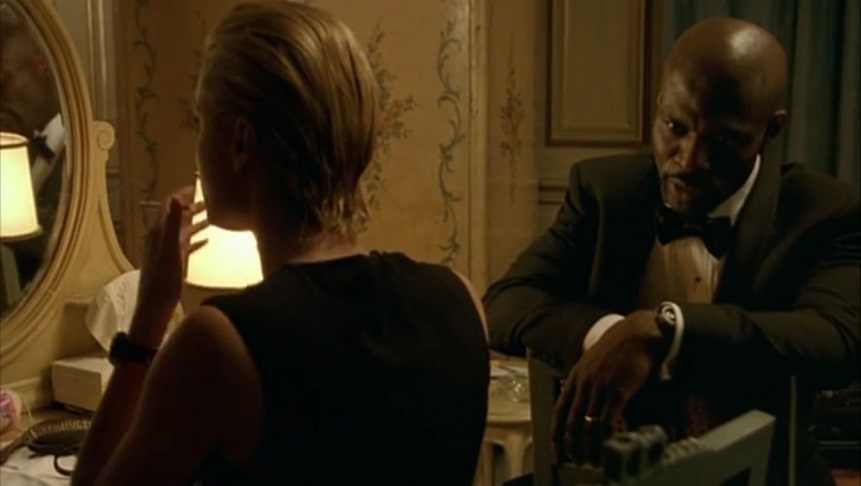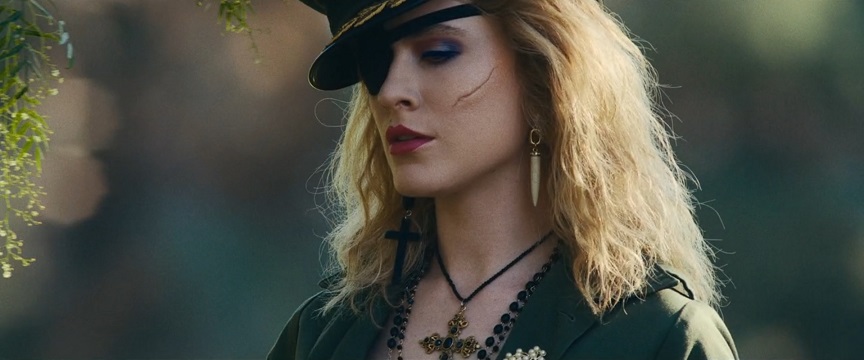"YOU HAVE TO REMEMBER, IT'S NEVER ABOUT YOU. IT'S ALWAYS ABOUT THE PICTURE."
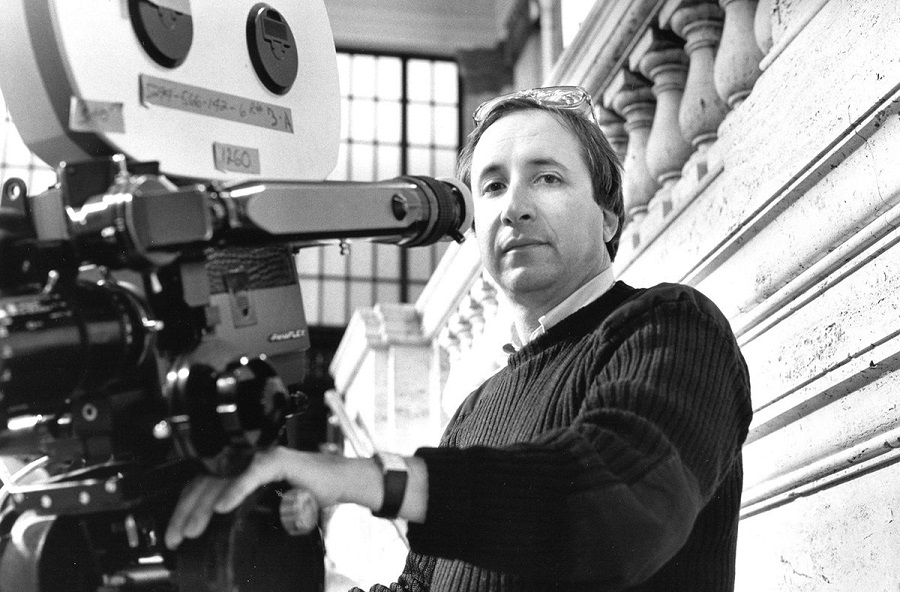
On Saturday, Stephen Burum will accept the EnergaCamerimage Lifetime Achievement Award. The Hollywood Reporter's Carolyn Giardina interviewed the cinematographer in anticipation:
Early in your career, you shot second unit on Apocalypse Now. What was most memorable?I was originally brought over because they didn’t have enough footage on the helicopter attack. I did a lot of inserts and then they didn’t have the big formations, so I had to do all the formations. Well, I had been in the Army and shooting training movies, and I shot a training picture on helicopter assault. So I knew technically how the army lays out the formations. There are a whole series of formations. It depends on what kind of assault you’re doing. So from that, I kind of garnered a way to organize the helicopters. We would all take off and we’d do what I used to call the assembly. We’d all get up in the air and we’d fly straight until we got everybody in position. And then we’d make a right hand turn, and that was the rehearsal leg, so we’d do the rehearsal and make sure it was okay. Then we’d do another assembly leg, and then we would do the shooting leg, and we would fly many helicopters in this great big square formation.
You had very successful collaborations with a number of directors including Brian De Palma. What makes for a successful collaboration with a director?
You have to remember, it’s never about you. It’s always about the picture.
[Additionally] it’s important that you always back up the director and never go behind their back. The producer tries to get you to do that. The actors try and get you to do that, and you should have no part of it and just shut it down immediately when it happens, because all that does is sow conflict and it just screws up the picture.
So how did you and Brian work?
We had a very unusual working relationship. We never talked very much. We’re both kind of not talkers. Typically on a movie he would show me what he wants to do. He’d show me the staging and he would say, ‘how long?’ And I’d say ’45 minutes.’ And in about a half hour when I had it all together he would come back in and I would say to him, ‘I changed this and I changed that.’ And he would go ‘fine.’ And if he didn’t like it, he would go, ‘why don’t you do this and this.’ It was a very pyramiding kind of thing; we would just work it out. And it was very sparse communication.
The first time I went in for an interview, he said, ‘let me tell you what I don’t like about cameramen.’ And I said, ‘well, let me tell you what I don’t like about directors.’ I said, ‘I don’t like directors who don’t direct. I don’t get enough money to do my job and the director’s job.’ And he looked at me, he goes, ‘fine, you’re hired’ and walked out the door. That was our first meeting.
He’s a very quiet guy. A very smart guy. Really, really sensitive. My favorite thing with him, was we were doing The Untouchables (1987) and the Capone scenes with Bobby (DeNiro, who played Al Capone). He would do versions because Brian wanted a different kind of scene with Capone to balance the picture out. So we would do a version where they they’d just do a straight version. They’d do one where Capone’s yelling and screaming, and there’d be one where he was quiet. And so they would have this great conversation where you have Brian on one side, Bobby on the other side. It was so much fun to watch them.
Would you tell us about filming the scene in The Untouchables on the steps of the train station?
Originally in the script, the accountant gets on the train and the train takes off and the Untouchables get in a series of cars and chase the train and they finally stop the train. We had a great location for this, and the whole fight was on the train. The train was stopped, people shot through the windows and all of that stuff was going on. But Paramount decided it was too expensive to do, so it had to be replaced.
The first idea that Brian had was to instead do it on steps in front of a hospital [where in the story Eliot Ness’ wife had just had a child]. Brian always likes areas where there is difficulty for the actors to move around, because that retards the action. So you could build up the suspense. But they couldn’t find [the right location].
And so at the train station, we had the big set of steps. It was hard for them to go up and down the steps. And also it’s a confined area and there’s nowhere to escape. So you have two elements going for you, it’s physically hard, and you’re just out in the open, you’re just stuck. You have to slug it out. Then to help retard the action he had the baby carriage and the baby, because that mirrored the father. He had just become a new father. And so he went for the baby.
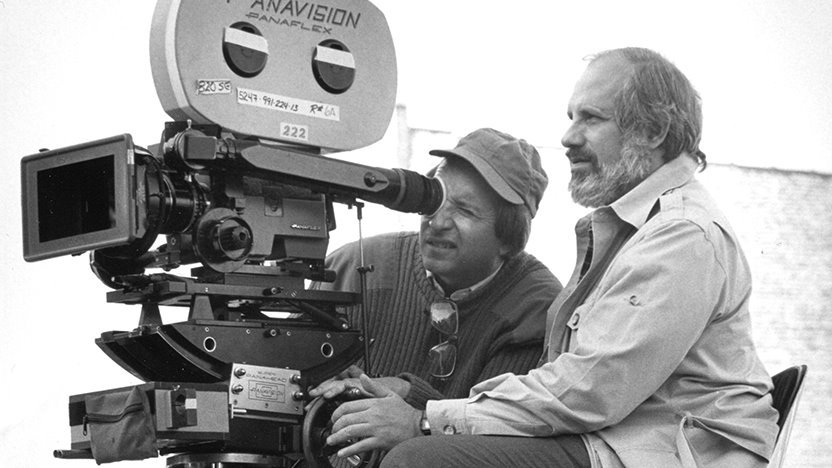




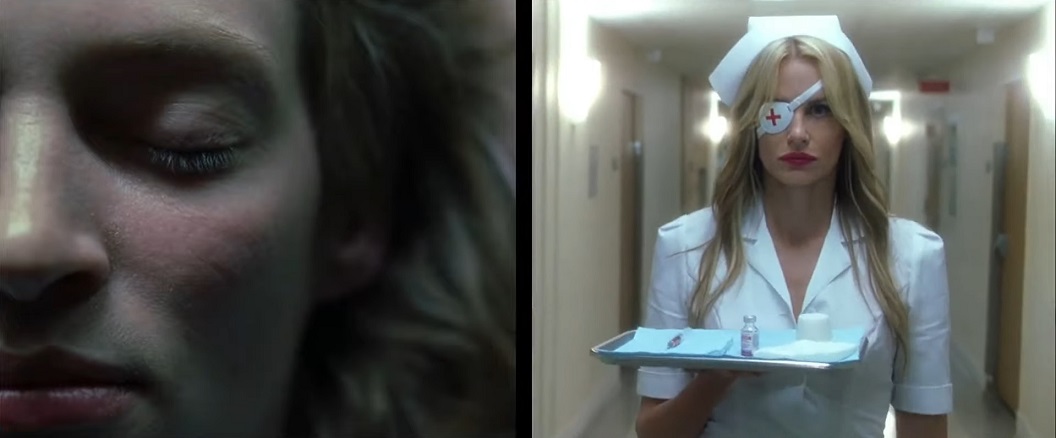
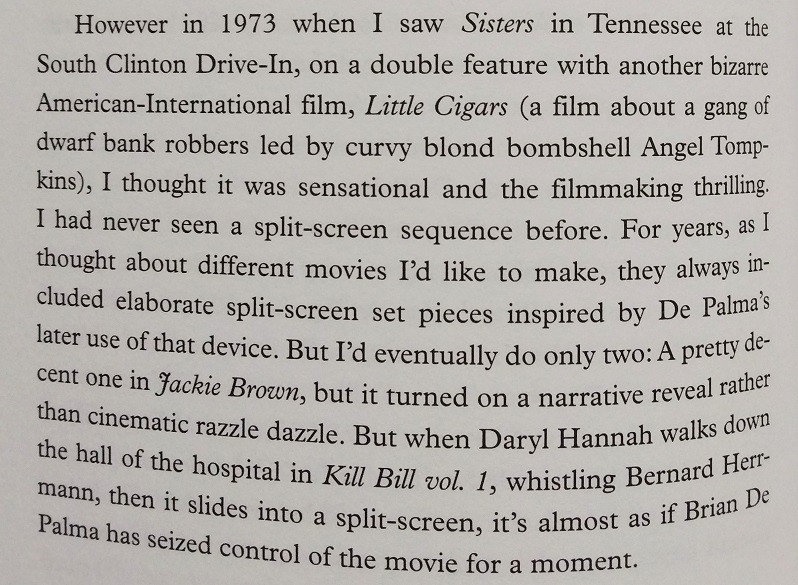
 It seemed logical that the split-screen sequence in Quentin Tarantino's Kill Bill Vol. 1, where Daryl Hannah dons a nurse's uniform and whistles a Bernard Herrmann melody while carrying a deadly syringe down a hospital corridor, was inspired in great part by a combination of Brian De Palma's Sisters and Dressed To Kill. On the new DVD release of the film, Tarantino even calls it his
It seemed logical that the split-screen sequence in Quentin Tarantino's Kill Bill Vol. 1, where Daryl Hannah dons a nurse's uniform and whistles a Bernard Herrmann melody while carrying a deadly syringe down a hospital corridor, was inspired in great part by a combination of Brian De Palma's Sisters and Dressed To Kill. On the new DVD release of the film, Tarantino even calls it his 